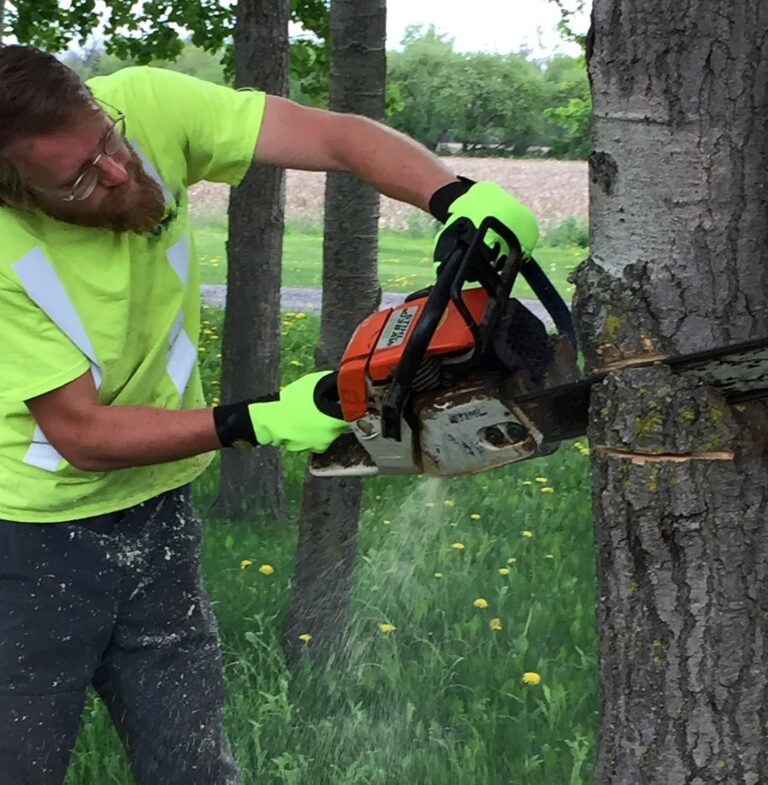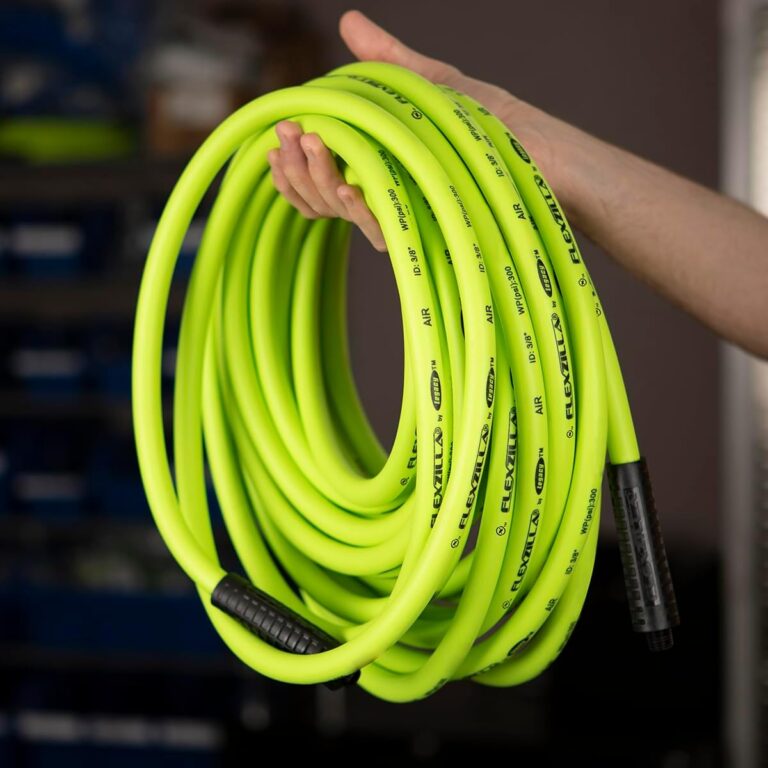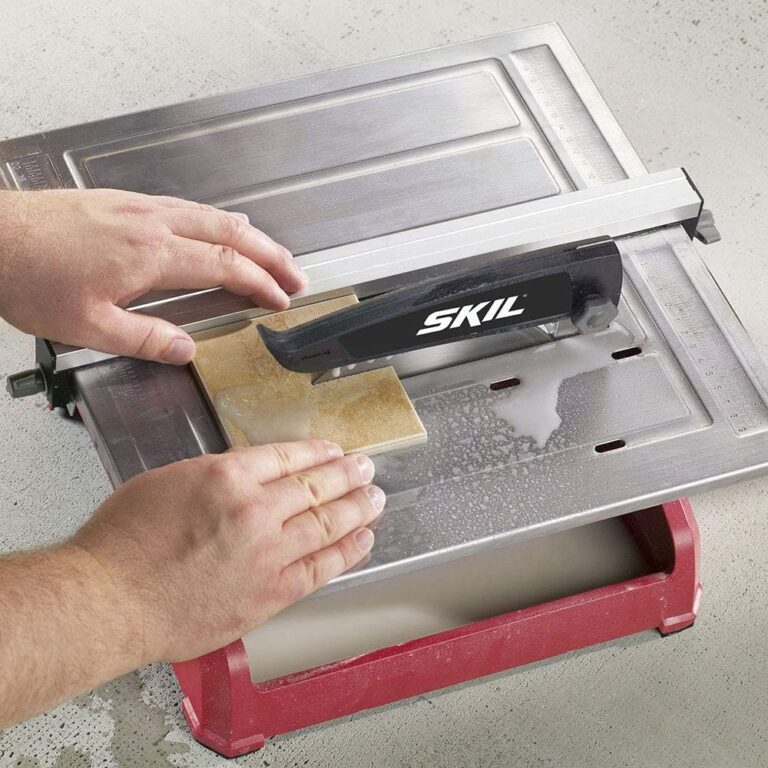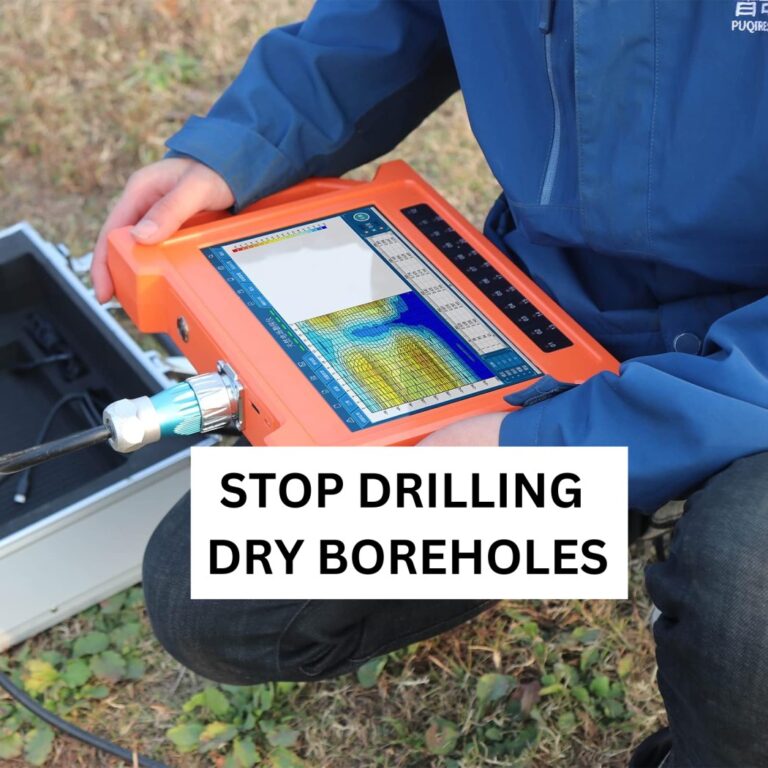Why Some Boreholes Are Better Than Others
The unseen lifelines of groundwater are boreholes, which provide a steady and dependable supply of vital, clean water. They are essential to human existence and advancement because they support industries, hydrate communities, and support agriculture.
Finding high-quality boreholes is essential because they offer dependable supplies of pure water for business, agriculture, and drinking.
While poorly built boreholes can cause pollution and resource waste, well-built ones guarantee long-term access to essential water supplies.
This article examines the crucial elements that set superior boreholes apart from subpar ones.
We’ll emphasize the value of careful planning, consistent upkeep, and thoughtful placement, illuminating the essential components that provide dependable access to clean water supplies in various situations.
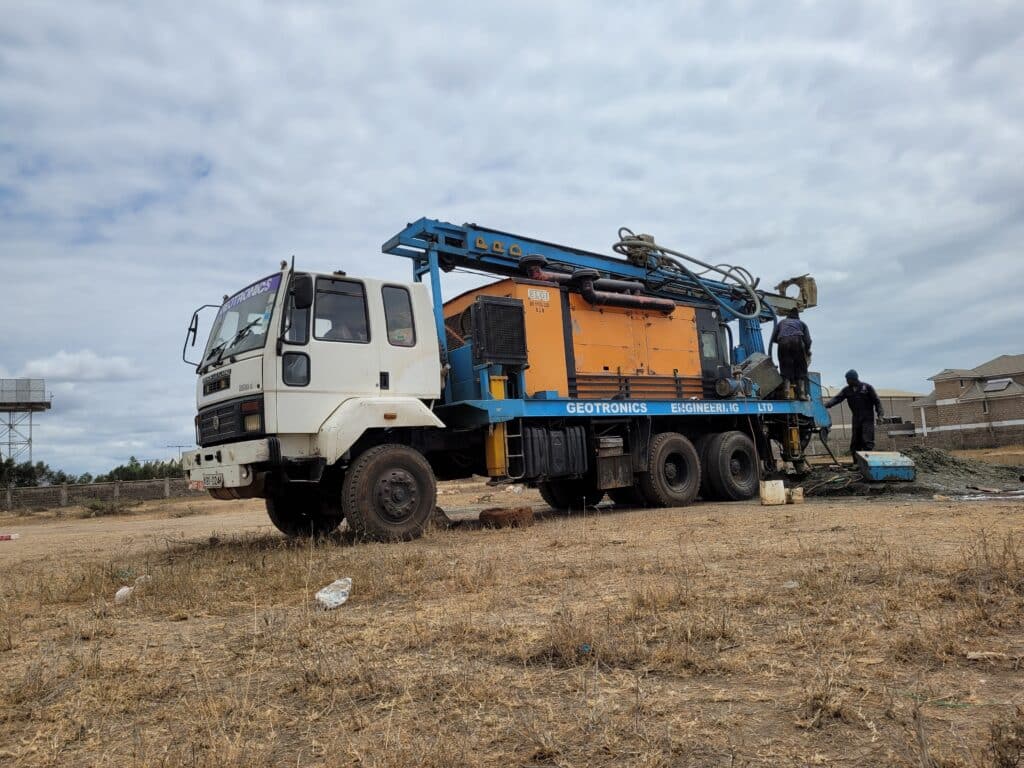
Table of Contents
Construction Factors
Design and materials
To produce high-quality boreholes, a solid foundation is built with careful consideration of design and materials.
Selecting premium materials is crucial, as seen by sturdy, good screens and corrosion-resistant casings. These decisions reduce maintenance headaches while simultaneously extending the borehole’s lifespan.
Design standards that consider depth, diameter, and geological conditions are also essential. They guarantee the best possible borehole performance and prevent problems caused by poor design.
Drilling techniques and practices
The use of innovative drilling techniques is revolutionary in the field of borehole building. Techniques like rotary or percussive drilling limit disturbance to neighbouring aquifers while simultaneously expediting the process.
However, the human factor is just as important. Drillers with expertise who understand optimal procedures are invaluable.
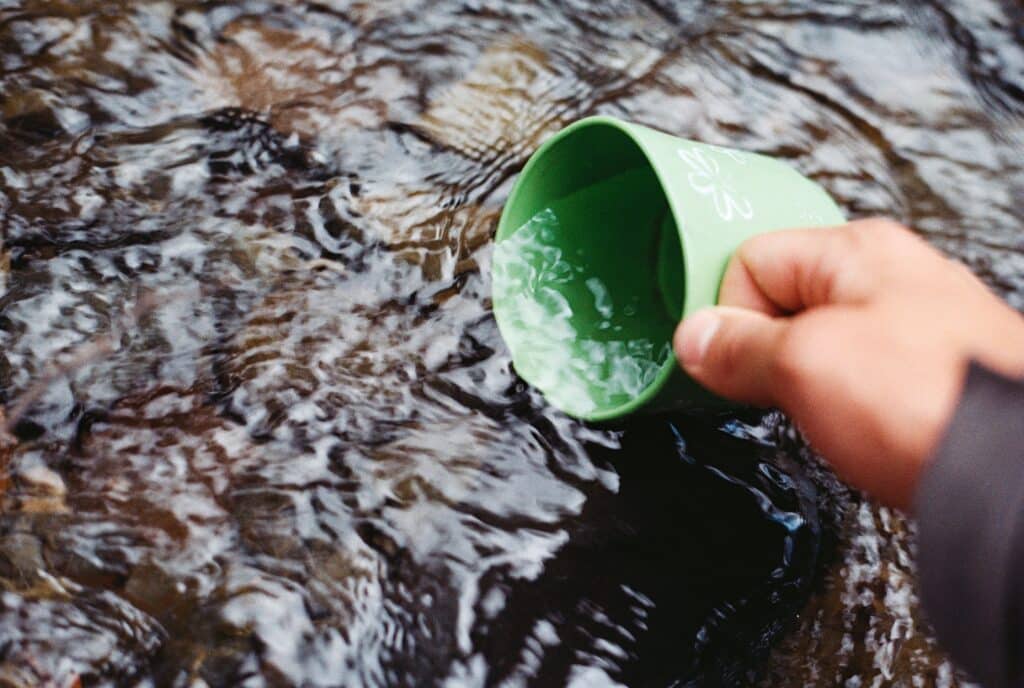
They guarantee that the borehole is a dependable supply of clean water by preventing deviations, assisting in the efficient construction of wells, and protecting water quality.
Maintenance Practices Make Boreholes Stand Out.
Regular inspections and repairs
Regular inspections are the cornerstone of borehole maintenance.
Routine inspections that include water level monitoring, obstruction detection, and casing and screen assessments are essential for quick problem identification.
Understanding common maintenance issues, such as corrosion and silt buildup, is essential to guaranteeing the borehole’s longevity and dependability.
Based on these inspections, prompt intervention guarantees that the borehole continues to operate at its best and that clean water access is maintained.
Water quality observation
It is crucial to keep the water safe and clean.
Our diligent guardian against potential hazards routinely monitors the quality of the water. Significant health concerns are associated with groundwater contamination, so a strict monitoring program is necessary.
It allows us to spot problems early and promptly address them, whether isolating contaminated regions or disinfecting wells. In addition to safeguarding consumers, this diligence maintains the integrity of our water supply, guaranteeing its dependability and safety.
Location Selection
Suitability assessment
Selecting the ideal location for a borehole is the first step.
Suitability studies consider numerous important aspects, such as land usage, geological characteristics, and proximity to possible sources of pollution. Making the incorrect choice of location could lead to inefficiencies in operations or, worse, contaminate the water supply.
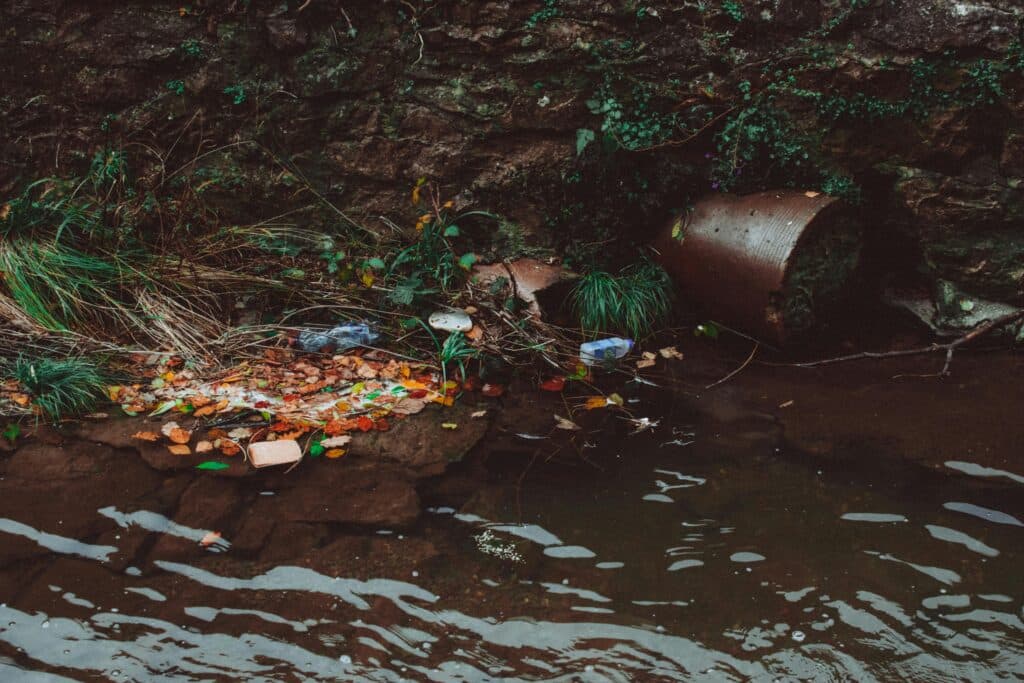
Comprehensive suitability evaluations are a must to guarantee our boreholes’ dependability, effectiveness, and protection from environmental hazards.
Hydrogeological considerations
The foundation of successful drilling is a geological and hydrogeological survey.
These investigations thoroughly understand the subsurface environment by illuminating important data regarding aquifers’ properties, groundwater movement, and possible interactions with nearby wells.
Understanding the site’s hydrological characteristics will help us make well-informed decisions on the location, layout, and construction of boreholes.
This information guarantees that the borehole functions effectively, drawing from a sustainable water source. It also lowers the possibility of aquifer depletion or other issues that compromise its long-term viability.
Hydrogeological concerns are the blueprint for a sustainable and dependable water supply.
Economic and Environmental Factors
Cost-effectiveness
Superior boreholes may require a larger initial outlay, but the advantages are substantial in the long run. Careful construction and diligent maintenance can increase a borehole’s lifespan and reduce ongoing costs.
In the long run, this results in financial savings due to decreased energy usage, fewer repair and replacement expenses, and less downtime. A steady and clean water supply is another benefit of high-quality boreholes, which is crucial for communities, businesses, and agriculture.
Choosing high-quality boreholes is a prudent decision and a good investment in the future when considering sustainability and economic benefits.
Environmental sustainability
Although they are essential for getting to water supplies, boreholes can greatly impact the ecosystem.
They risk over-extracting water and contaminating aquifers when built or managed improperly, which can affect regional ecosystems.
However, we can guarantee the preservation of ecological equilibrium through responsible operation and sustainable borehole design. This strategy guarantees a key resource for future generations by preserving ecosystems and water quality.
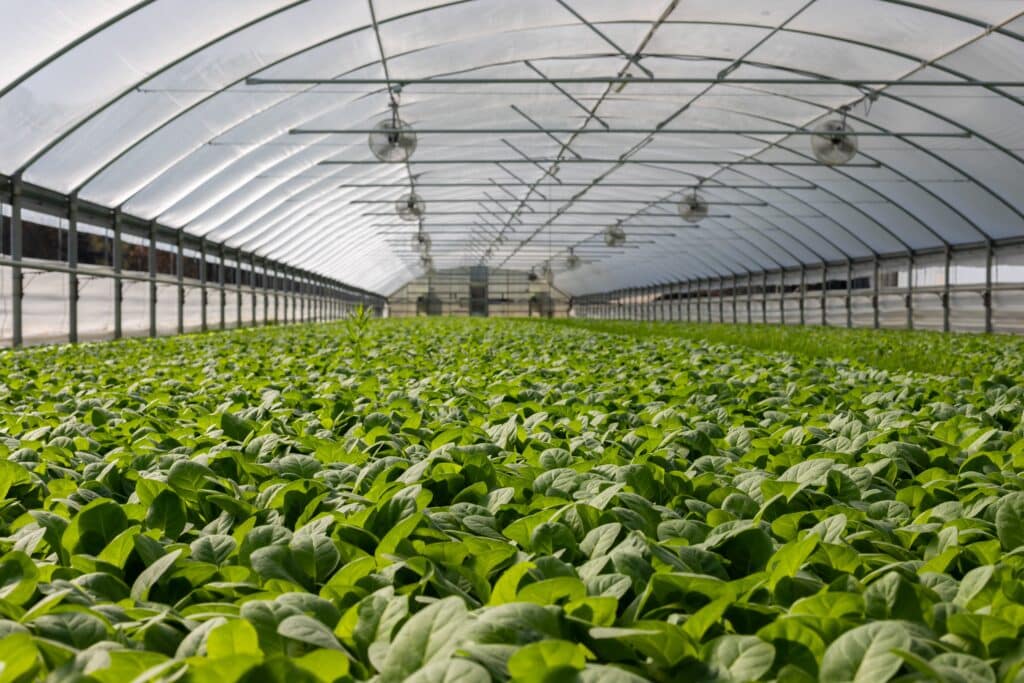
We achieve a balance advantageous to the earth and humankind by incorporating environmental sustainability into our activities.
We acknowledge the interdependence of human actions with the intricate network of the natural world.
Parting shot
Taking a comprehensive approach is the key to creating excellent boreholes.
Building, maintaining, and placing these components contribute to a dependable and uncontaminated water supply. By understanding what makes outstanding boreholes unique, we can protect this priceless resource and its vital function in our daily lives.
It’s proof of the harmonious fusion of technology, research, and thoughtful practices that we can clear the path for a sustainable water future.
Ultimately, it comes down to seeing the broader picture and accepting that the water quality we can leave for future generations directly results from our current decisions.

